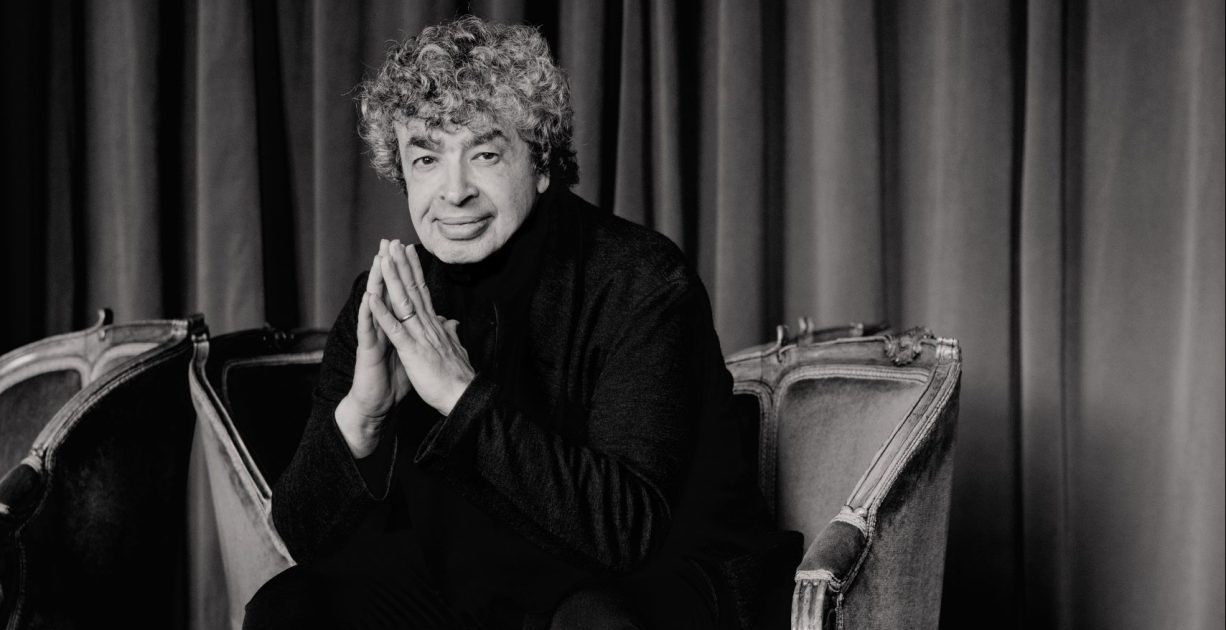“Bychkov doesn’t make an adagioesque meal of the radiant song that frames the innocence-versus-experience third movement. He also makes sure that soprano Chen Reiss, poised and enchanting in the ‘child’s view of heaven’ that ends the work, can manage the longer phrases which sometimes get broken in two.”
Mahler’s Fourth Symphony by The Czech Philharmonic and its Chief Conductor and Music Director Semyon Bychkov received a wonderful 5-star review and was selected as an Orchestral Choice in BBC Music Magazine July 2022 issue!
“Alchemy has been working wonders in Prague. In the case of the Czech Philharmonic it’s simply an adapted sound building on magnificent traditions. But l always thought Semyon Bychkov, now one of the greats, was more a creature of earth and fire than air. A perfect Barbican performance of Dvorak’s Eighth, floating and gleaming so gorgeously, told me otherwise; and its counterpart in Mahler’s symphonies, the Fourth, is cast in the same golden mould, In both interpretations, every tempo choice seems perfect. Bychkov doesn’t make an adagioesque meal of the radiant song that frames the innocence-versus- experience third movement. He also makes sure that soprano Chen Reiss, poised and enchanting in the child’s view ofheaven’ that ends the work, can manage the longer phrases which sometimes get broken in two.
It is a fascinating choice to launch a new symphonic cycle which the Czech Philharmonic more than merits; never forget that the late, much missed liff Bélohlávek, Bychkov’s predecessor at the Czech Philharmonic, was always keen to point out that Mahler, brought up in Iglau (now Jihlava), was a Czech composer. The Fourth is a special case, encouraging chamber musical dialogues, which have never sounded lovelier or at times spookier, spotlighting some magnificent principals, chiefly leader/concertmaster (a shame the players aren’t listed), first horn, clarinet and an especially poignant oboe as the blue skies turn black in the slow movement. Dynamics from the quietest imaginable to the very loudest are perfectly handled by the Rudolfinum recording.”
Review by David Nice
Photo by Marco Borggreve


